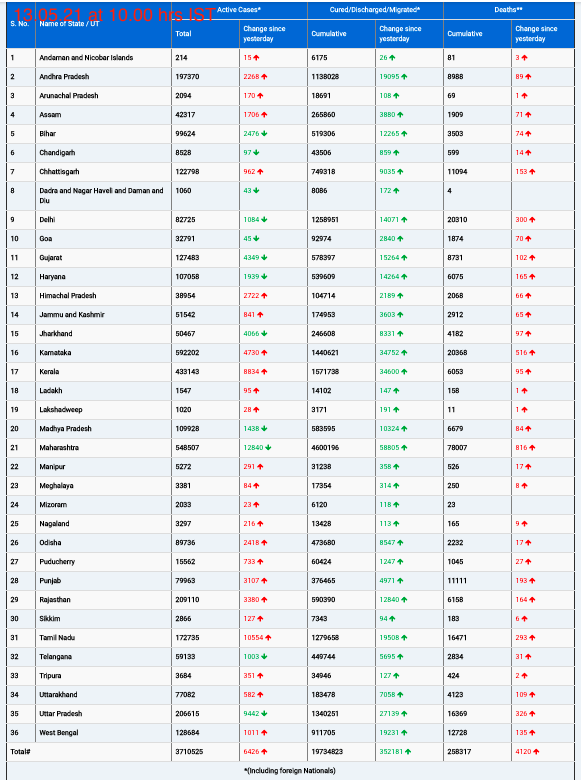PARIS, France – An artificial intelligence algorithm, designed to mimic the human brain, could revolutionize the prevention of sudden cardiac arrest by predicting life-threatening events days before they occur, according to a new study. Research published recently in the European Heart Journal details how the AI successfully identified patients at high risk of dangerous heart rhythms within two weeks with notable accuracy.
Sudden cardiac death is a major global health concern, claiming over 5 million lives annually. Often striking without prior warning, it can affect individuals with no previously diagnosed heart condition. This new AI approach offers hope for significantly improving early detection.
The study, a collaboration between researchers at Inserm, Paris Cité University, the Paris public hospital group (AP-HP), Cardiologs (part of Philips), and Harvard University, involved analyzing a massive dataset of over 240,000 ambulatory electrocardiograms (ECGs) collected across six countries. This dataset represented millions of hours of heartbeat recordings.
By processing this vast amount of data, the artificial neural network learned to identify subtle, previously unrecognized electrical signals in the heart’s activity that precede dangerous arrhythmias – irregular heartbeats that can trigger cardiac arrest. The AI focused particularly on the timing of the heart ventricles’ electrical stimulation and relaxation during each beat.
“By analyzing their electrical signal for 24 hours, we realized that we could identify the subjects susceptible of developing a serious heart arrhythmia within the next two weeks,” explained Dr. Laurent Fiorina, the study’s first author, researcher at the Paris Cardiovascular Research Centre (PARCC), cardiologist, and AI medical director at Philips. “If left untreated, this type of arrhythmia can progress towards a fatal cardiac arrest.”
The results showed the AI was capable of identifying patients genuinely at risk in over 70% of cases, while correctly identifying those not at risk with an impressive 99.9% accuracy during this evaluation phase.
Professor Eloi Marijon, Inserm research director at PARCC and head of cardiology at Georges Pompidou European Hospital AP-HP, highlighted the potential shift in approach: “What we’re proposing here is a paradigm change in the prevention of sudden death… Until now we’d been trying to identify patients at risk over the medium and long term… Now, thanks to artificial intelligence, we can predict these events in the very short term and potentially take action before it’s too late.”
While promising, the researchers stress that the AI is still under evaluation. Future applications could include monitoring high-risk patients in hospitals, integration into ambulatory blood pressure monitors (Holters), and potentially even incorporation into smartwatches, pending further refinement and validation.
The next crucial step involves conducting prospective clinical studies to rigorously test the model’s effectiveness in real-world clinical settings. “It’s essential for this technology to be evaluated in clinical trials before being used in medical practice,” emphasized Dr. Fiorina.
This research (DOI: 10.1093/eurheartj/ehaf073) signals the potential for AI to dramatically enhance the prediction and prevention of sudden cardiac death, offering a glimpse into a future where these catastrophic events could be anticipated and averted.
Disclaimer: The information presented in this article is based on a recently published research study. The artificial intelligence algorithm discussed is currently in the evaluation phase and requires further validation through prospective clinical trials before it can be considered for routine clinical use. This technology is not yet available for general medical application.












